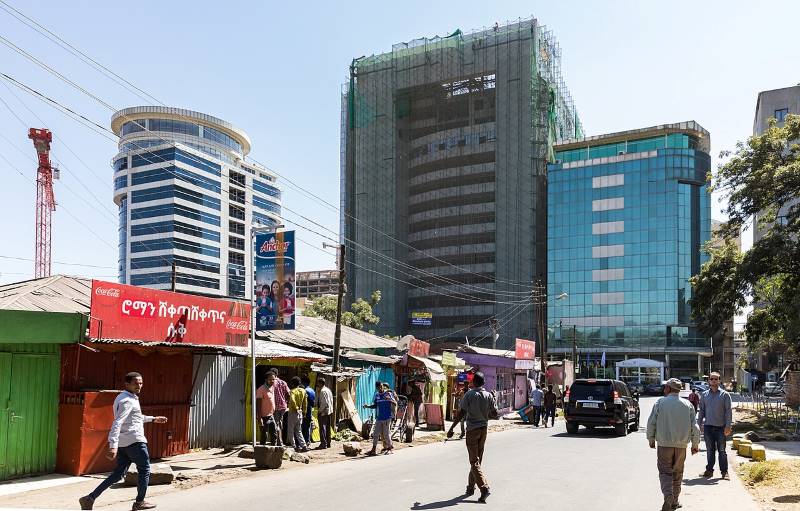PHILADELPHIA, pa—Philadelphia’s housing market has taken center stage since Mayor Cherelle Parker unveiled an ambitious $800 million plan to boost affordable housing. Parker’s plan includes new developments, builder incentives, and expanded rental assistance. Still, it may face significant roadblocks as federal policies shift, the markets tumble, and the current U.S. federal prime rate remains 7.5 percent.
In Washington, there are ongoing conversions to privatize Fannie Mae and Freddie Mac, the two primary enterprises that securitize residential mortgage loans for millions of Americans. If Fannie Mae and Freddie Mac, which provide liquidity and guarantees for banks like Chase, Wells Fargo, and Bank of America to originate residential mortgage loans, become privately owned companies, there could likely be decreased regulatory oversight and significant reforms to the housing finance system as we know it.
The stakes are high. Recently, the Department of Housing and Urban Development revised its residency requirements, barring “non-permanent residents” from receiving federally insured housing programs, while ensuring that none of the federal agencies’ funding goes to any states or local governments that declare “sanctuary” status for undocumented migrants.
Although 800 sites have been approved for Mayor Parker’s $800 million initiative, only 240 have been completed, and 400 more are still under construction, a far cry from the 10,000-plus homes Parker promised over the next three years. Riverwinds Group Managing Partner Lawrence McKnight, who is working to build the housing units, urged city officials to speed up the process. “I implore the city to work quickly to streamline the land disposition and permitting process and get the ‘F’ out of our way so we can start to help ease this housing crisis,” McKnight said.
For Philadelphia developers, acquiring land remains challenging, as affordability isn’t just about funding but speed. Workforce housing, designed for middle-income earners priced out of homeownership, is theoretically within reach, but Philadelphia’s process for selling public land is notoriously slow, often taking years to clear bureaucratic hurdles.
As Mayor Parker’s $800 million initiative pushes to expand housing, the question is no longer just about funding but whether local or federal policies will help or hinder the process. The answers could shape the future of Philadelphia’s housing market for years to come.
Resources for Support
Housing Assistance Programs
Division of Housing and Community Development
Funding for affordable housing, commercial corridors, and neighborhood development (1234 Market St, 17th Floor, Philadelphia, PA 19107, (215) 686-9749)
Restore, Repair, Renew Program: Low-interest loans for home improvements.
Basic Systems Repair Program: Free emergency home repairs for eligible owner-occupied single-family homes
Rental Assistance
Emergency Assistance Services: 801 Market Street, 5th Floor, (215) 560-1976
City Relocation Services: 5252 N. 13th Street, (215) 685-9087
Office of Supportive Housing: 1430 Cherry Street, (215) 686-7150
Housing Resource Guides
Housing Resource Guide: Extensive overview of housing services in Philadelphia
Philadelphia Housing Authority: Resources for affordable housing, rental assistance, and housing counseling
Contact for Support
For more information and support, contact:
Division of Housing and Community Development
info.dhcd@phila.gov, (215) 686-9749
Philadelphia Housing Authority: (215) 686-7150





